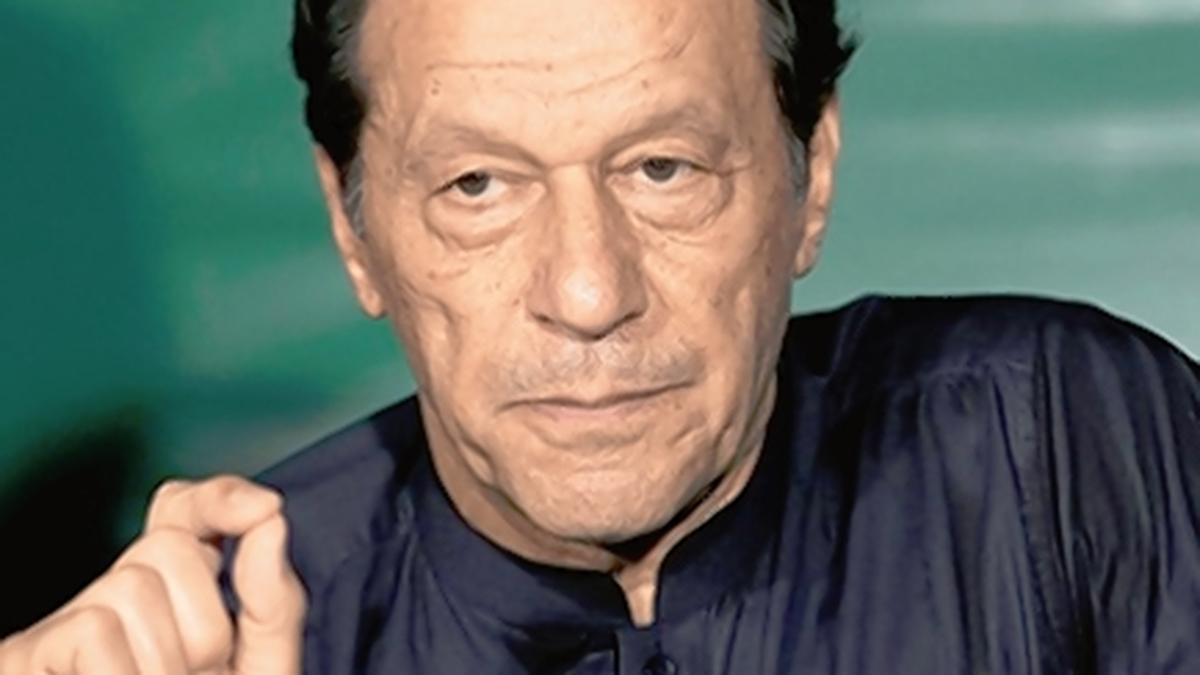Pakistan’s political turmoil and its impact on the economy have cast a shadow over the nation’s future. Former Prime Minister Imran Khan, a figure who has become a symbol of political controversy, has expressed deep concern over the escalating crisis, highlighting the dangers of parochialism and terrorism. He argues that these issues are crippling the country’s economic potential and driving it towards instability.
The Economic Crisis: A Looming Threat
The fragile state of Pakistan’s economy is a pressing issue that Mr. Khan deems as the country’s “biggest challenge.” With a depleted treasury and a growing debt burden, Pakistan’s economic prospects appear grim. Mr. Khan asserts that political instability and rampant terrorism are major contributing factors to this predicament. Investors are hesitant to commit to a country marred by violence and political upheaval, resulting in a shrinking economy and limited foreign investment.
The Impact of Terrorism
The recent surge in terrorist attacks across Pakistan is adding fuel to the economic fire. While the government points to cross-border terrorism, Mr. Khan emphasizes the internal factors that contribute to the issue. He warns that the escalating violence fosters a climate of fear and uncertainty, undermining investor confidence and hampering economic growth.
Parochialism: A Divide Within
Mr. Khan also raises concerns about the rising trend of parochialism in Pakistani politics. This refers to a narrow focus on regional interests and a reluctance to engage in national-level cooperation. He suggests that the dominant political parties, often confined to specific regions, have failed to address the overarching issues facing the nation. He believes this fragmentation further weakens Pakistan’s ability to navigate economic challenges and overcome the threats of terrorism.
PTI’s Vision: A Call for Unity
Mr. Khan champions the Pakistan Tehreek-e-Insaf (PTI) as a national force capable of uniting the nation and tackling these critical challenges. He asserts that PTI, as the only party with a nationwide presence, can bridge the political divide and foster a unified response to the economic crisis. However, he laments the party’s alleged suppression and weakening, suggesting that it is being targeted due to its potential to promote national unity.
Political Instability: A Cycle of Conflict
Mr. Khan’s imprisonment and the numerous charges against him illustrate the deep divisions and conflicts that plague Pakistani politics. He has been accused of orchestrating the May 9 riots following his arrest, and the government seeks a military trial on these accusations. This ongoing power struggle is further straining the political fabric, diverting attention from crucial economic reforms and fueling a sense of uncertainty in the nation.
Take Away Points
- Pakistan’s economy is facing a serious crisis, aggravated by political instability and the resurgence of terrorism.
- The fear of terrorism and a climate of uncertainty discourages foreign investment and hampers economic growth.
- Parochialism in politics inhibits national unity and weakens the country’s ability to tackle economic challenges.
- The PTI, as a national party, has been accused of being targeted for its potential to unify the nation and address pressing issues.
- The ongoing political strife and conflict create an unstable environment, hindering progress and hindering national unity.
- Mr. Khan’s continued imprisonment and the government’s desire for a military trial add to the political tension and contribute to a climate of fear.




